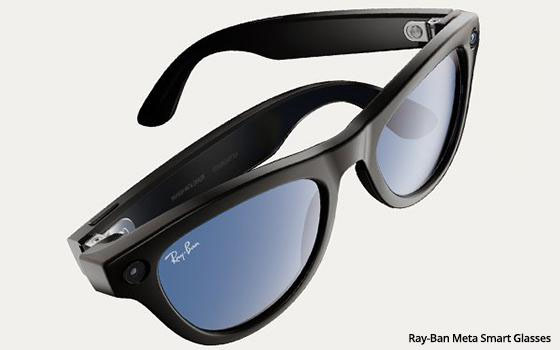by Colin Kirkland
Source: www.mediapost.com, June 2024
In an effort to further expand its software platform, Meta is restructuring Reality Labs by merging all its virtual-reality teams into two divisions — one focused on the Quest VR headset line and another group dedicated to the development of other Meta hardware products.
The change will result in some layoffs, according to the Verge, which obtained an internal memo written by Meta CTO Andrew Bosworth.
“With Quest 3 bringing [mixed reality] into the mainstream, we have finally gotten to a place where we feel like all the major components are in place for us to grow our software platform consistently,” wrote Bosworth adding that the company is “deeply committed to investing in Horizon as the core foundation of our social, spatial Horizon OS, and high-quality experiences for both mixed reality and mobile.”
By dividing Reality labs into “Wearables” and “Metaverse,” led by the company’s Vice President of Metaverse Technologies Vishal Shah, Bosworth feels that Meta will be able to create “more integrated product experiences across hardware, software, and experiences with less friction and fragmentation.”
The decision for Meta to create a dedicated “Wearables” department separate from the teams focused on its metaverse gaming and hardware products is partly attributable to its Ray-Ban Meta glasses, which Bosworth says are “a much bigger hit than we anticipated.”
“We are doubling down on finding a strong product market fit for wearable Meta AI, building a business around it, and expanding the audience,” Bosworth wrote in the memo. “Our north star to overlay digital content seamlessly onto the physical world remains the same, but the steps on that path just got a lot more exciting.”
The restructuring, which marks the biggest shakeup of Meta’s hardware division since it was renamed Reality Labs during the company’s rebranding to a metaverse-focused social media company in 2020, is also likely an attempt to quell investor concerns.
Despite revenue growth in Q1 and further investment in AI technologies, the billions Meta has sunk into its Quest headsets is still worrisome in regards to the VR hardware’s minimal uptick in sales. For reference, the division lost $3.8 billion during Q1 and reported losses of $16.1 billion and $13.7 billion during 2023 and 2022.
However, dividing Reality Labs into two distinct sectors appears to be the beginning of a strategy that Meta CEO Mark Zuckerberg alluded to in April.
“Over time, we’ll need to find better ways to articulate the value that’s generated here across both segments so it does not just seem like our hardware costs increase as our glasses ecosystem scales while all the value flows to a different segment,” Zuckerberg said.
Bosworth also said there was “a relatively small number” of job cuts due to the restructuring, which he said made some employees redundant.

